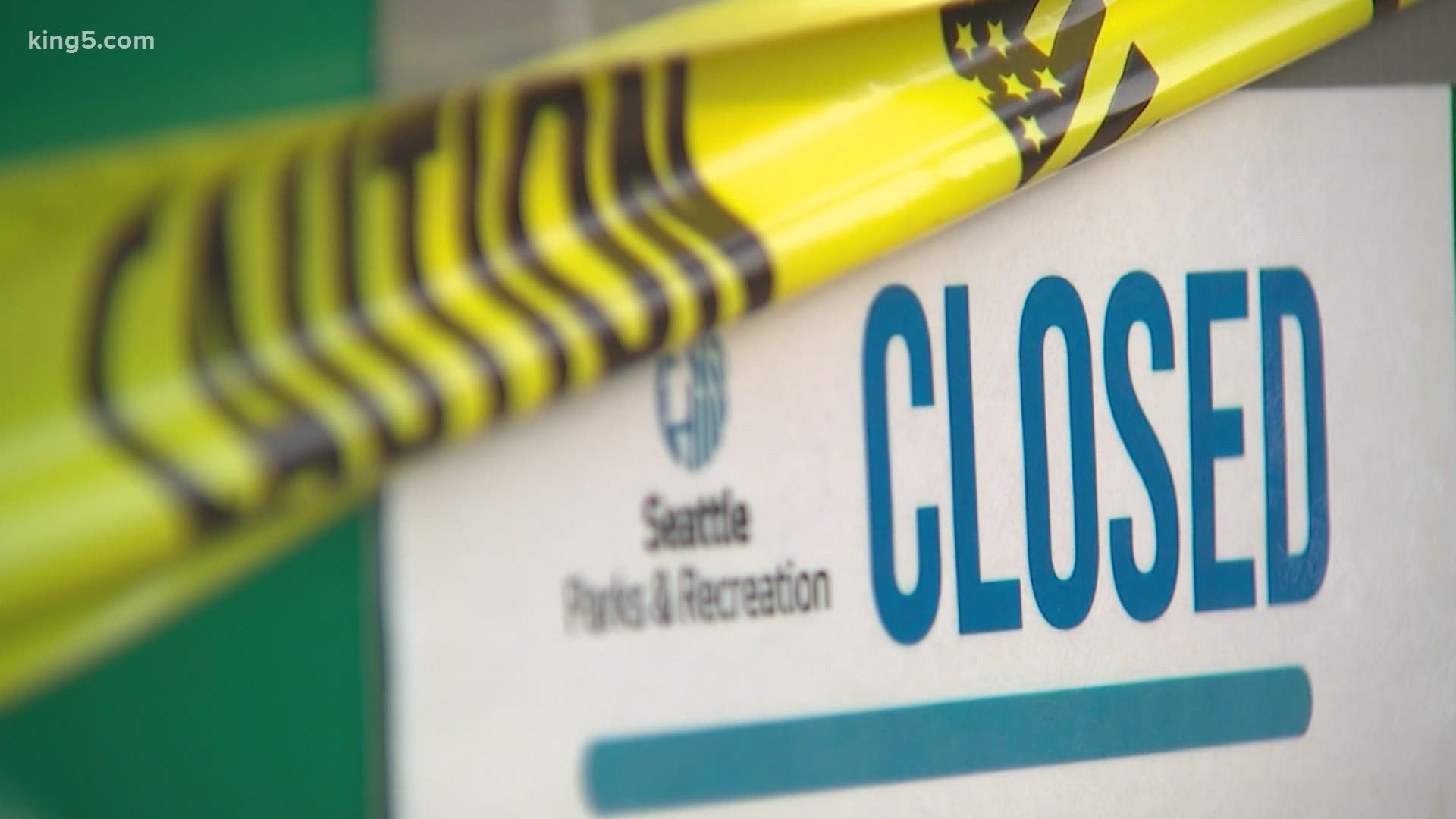SPOKANE, Wash. — MultiCare announced on Thursday night that 6,000 employees will be furloughed to help the company's financial health and to avoid layoffs amid the coronavirus pandemic.
According to a press release, a group of 6,000 mostly non-clinical workers will take 17-shift furloughs each starting next week "in the hope to avoid widespread layoffs throughout the system."
MultiCare said it is facing $160 million in loses as a result of the pandemic. Each of the workers will have to be furloughed for 17 shifts from May 10, 2020 to Jan. 2, 2021. This is equivalent to one shift per pay period, according to MultiCare.
Holidays can count toward the furlough requirement, according to MultiCare, and both hourly and salaried employees can take paid time off during their furlough shifts.
Other hospital systems also making changes.
Hospital systems in the Inland Northwest are taking steps to reduce costs during the coronavirus pandemic, including reduced hours for some employees and furloughs for others.
A statement from Providence says that its organizations have seen increased costs and significantly lower patient volumes due to the pandemic.
Washington Gov. Jay Inslee ordered a temporary halt to elective medical procedures on March 19 in order to preserve personal protective equipment for health care workers.
Providence officials say the postponing of these procedures and other care caused revenue to plummet by 40% or more in some areas.
"Until patient volumes bring us to pre-COVID staffing levels, we are working to reduce costs," Providence leaders said. "We are currently planning to restart those surgeries as soon as we are granted permission by our government officials."
In Spokane and Stevens Counties, Providence has taken several steps to reduce costs, including reduced work hours for caregivers in units with lower patient volume, the closure of nearly 40% of open positions, adjusted start dates for new employees, and decreased overtime and use of agency staff.
A spokesperson for Providence said the company does not plan to furlough any employees at this time.
"We do not have immediate plans for additional actions. We will continue to evaluate as we prepare to resume non-emergent surgeries," Providence officials said in a statement.
Financial challenges affect medical employees with other companies
Financial challenges related to the coronavirus outbreak have also impacted smaller hospitals and clinics in eastern Washington and North-central Idaho.
Pullman Regional Hospital announced in early April that it was reducing pay by 25% for all hourly and salary employees over two months to make $1 million in cash available immediately for operations.
Other measures implemented include unpaid furloughs for employees, capping organizational overtime, limited paid time off and no cash reimbursement for paid leave time not taken.
Gritman Medical Center is Moscow wrote in a statement to KREM on Wednesday that it has seen a "drastic decrease" in its clinic visits and volumes in a short period of time, which has substantially affected the hospital's finances.
Senior leaders and directors, and many members of the medical staff, at Gritman have taken salary reductions.
Some outpatient departments have also had to reduce hours or temporarily close as a result of Gov. Brad Little's stay-home order.
"In those cases, we have had to place some employees on furlough. Being furloughed allows the employee to maintain their tenure and employment status while collecting unemployment benefits including an additional weekly unemployment benefit provided through the federal CARES Act," reads a statement from a Gritman spokesperson.
Furloughed employees maintain their health insurance benefits at Gritman’s expense.
Even with the stimulus funds, gifts from private donors and expense reductions, Grtiman is still projecting an operating loss as a result of the drop in volumes.
“The situation is unprecedented in scale and is affecting everyone," said president and CEO Kara Besst in a prepared statement. "We have a responsibility to take immediate actions that will help protect the long term viability of our hospital and clinics so that we can continue to provide healthcare through the course of the pandemic. These have been very difficult decisions to make and we are working to support those employees who have been affected.”

